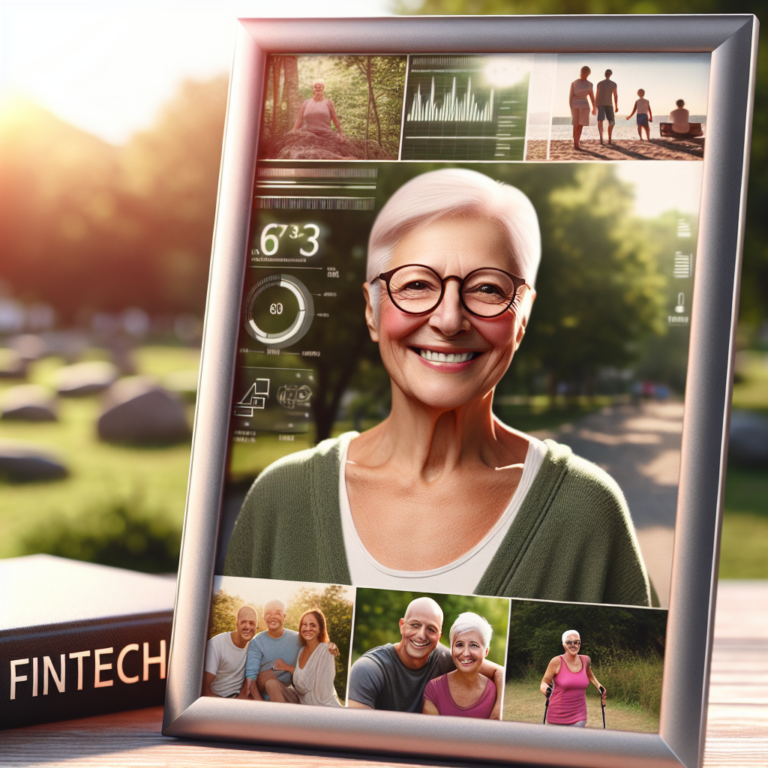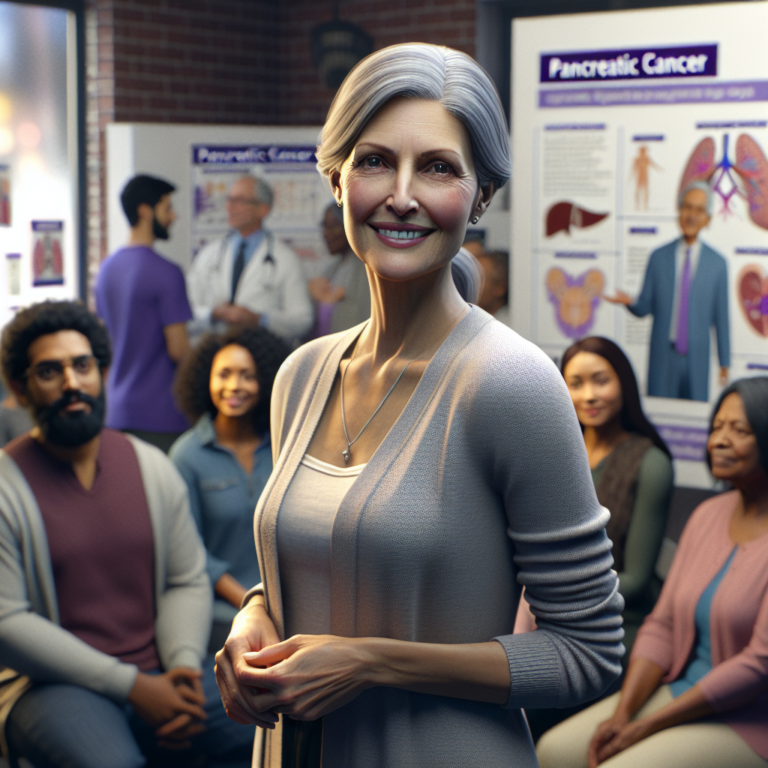Transforming Lives: The Life-Changing Benefits of Participating in Pancreatic Cancer Clinical Trials

In a remarkable journey of resilience, Richard Blish, a 76-year-old retired scientist, faced a shocking health crisis that led to his diagnosis of pancreatic cancer in 2009. Active and athletic at 67, Richard’s life took a drastic turn when he noticed significant changes in his health, including unexplained weight loss, jaundice, and abdominal discomfort. These alarming symptoms ultimately revealed a 2 cm tumor, pushing Richard into a battle against a disease known for its low survival rates.
Early Detection and Diagnosis
Richard’s health decline began with subtle signs that escalated rapidly. Within three weeks, he experienced:
- A 20-pound weight loss
- Persistent fatigue
- Oily stools
- Jaundice, indicating serious liver issues
A blood test revealed concerning levels of bilirubin and CA 19-9, leading to a biopsy that confirmed the presence of pancreatic cancer. Although initially unclear, Richard later learned that his condition was at the cusp of stage Ib and II, with his tumor being marginally resectable.
Innovative Treatment Through Clinical Trials
Thanks to his daughter’s expertise as an M.D./Ph.D. specializing in immunology, Richard was directed to an innovative clinical trial led by Dr. Sam Whiting at the University of Washington/Seattle Cancer Care Alliance. This treatment regimen included a combination of chemotherapy drugs—gemcitabine, docetaxel (Taxotere), and capecitabine (Xeloda)—administered over three months.
The chemotherapy was followed by a combination of oxaliplatin and CyberKnife radiation, under the guidance of Dr. Wui-Jin Koh. Ultimately, Richard underwent the Whipple procedure with Dr. David Byrd, followed by an additional four months of gemcitabine.
Long-Term Survival and Impact of Clinical Trials
After completing his treatment, Richard remained proactive with regular CT and PET scans, gradually extending the intervals between tests. Remarkably, it has been nine years since his diagnosis, and he now only requires routine blood tests.
The clinical trial Richard participated in was a phase II study, which reported an impressive survival rate among its 35 participants—all of whom survived, far exceeding the average survival rates for pancreatic cancer patients. The trial’s findings, previously published by ASCO, are set to appear in a peer-reviewed journal, aiming to redefine the standard of care for pancreatic cancer by establishing chemotherapy as a pre-surgical first-line treatment.
Ongoing Research and Personal Reflections
While Richard did not undergo genomic sequencing for mutations, he is involved in a familial history study at the Mayo Clinic. He speculates that researchers will uncover mutations in the KRAS gene, commonly associated with pancreatic cancer, and hopes to understand why he survived when many do not.
Reflecting on his challenging year of treatment, Richard acknowledges the struggles he faced, including fatigue and chemo brain. Yet, he cherishes the eight additional years he has enjoyed, including a new marriage that has brought joy to his life. Now, as a retired scientist actively volunteering in education, Richard continues to share his story of hope and resilience in the fight against pancreatic cancer.
For an inspiring glimpse into Richard’s journey, check out the video titled “You Can Beat the Odds” where he recounts his battle against this formidable disease.






